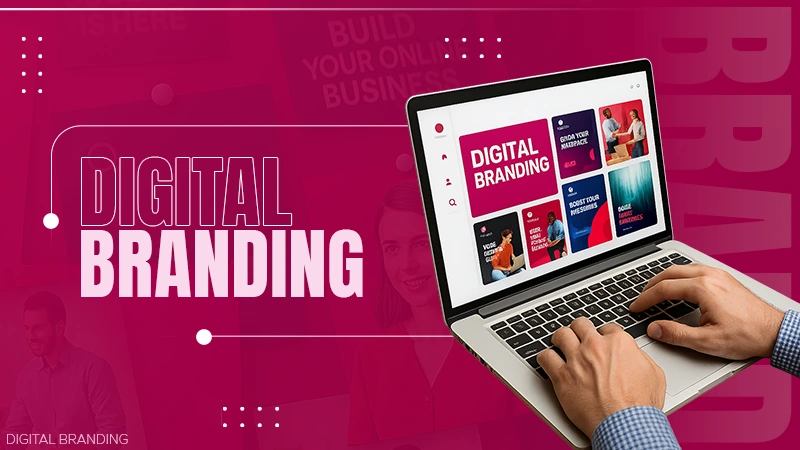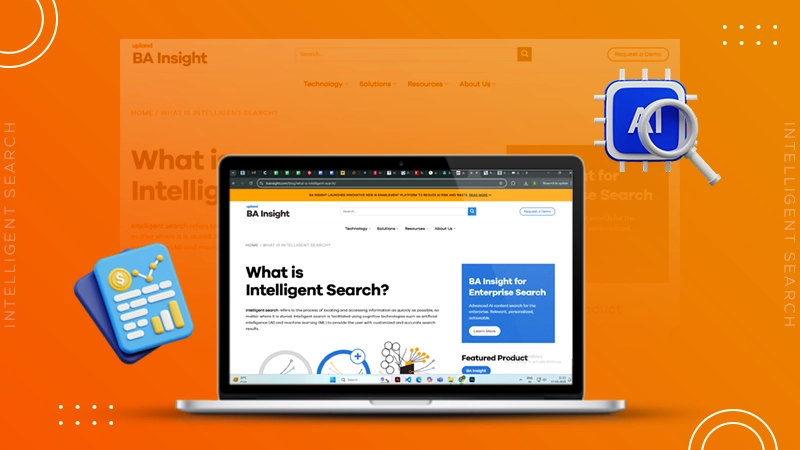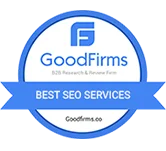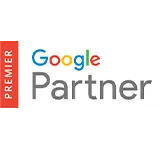Key Considerations for Effective SaaS Marketing
Even more so than most businesses, SaaS companies depend on thought-out digital marketing strategies to attract the right audiences and convince them of their products’ usefulness for solving complex problems. While standard approaches apply, successfully marketing SaaS offerings requires an additional layer of understanding & depth. Here’s what to keep in mind when doing so.
In-depth Audience Research
Digital marketing strategies for any business depend on understanding one’s target audience. This is no different, yet more complicated, with SaaS companies due to the potential variety and specialization of customers they serve. For example, the same SaaS provider may have an optimal solution for fellow tech startups, government agencies, and educational institutions.
You can further segment each of these distinct audiences into decision-makers and end users. You’ll want to develop buyer personas for each, identify their pain points, and research what kind of features they want from a product like yours.
A Strong Value Proposition
The key to marketing a SaaS product is persuading the audience that you offer the most comprehensive and streamlined solution to their problems. It’s not about what your offerings are capable of. Instead, you should focus on customers’ most frustrating problems and how using your tools makes these go away.
At this stage, developing a brand story and overarching narrative, your products help realize is invaluable. Maybe you’re offering ways of streamlining and augmenting customer relations or a tool that drastically cuts the time and cost needed for a necessary process. Either way, you’ll want to emphasize your ability to overcome these hurdles in a way the competition can’t replicate.
Thought Leadership in Content Creation
E-commerce businesses can get away with flashy content that showcases their products’ features and appeal. SaaS offerings are typically much more abstract and complex, so your approach to content marketing needs to adapt.
You should avoid pitching your services directly. Instead, focus on general content that provides value. Establish your brand as a thought leader in the industry by providing insightful and educational content your audience can consume to become more proficient overall and with your product.
An Engaging, User-Friendly Website
Your website is the ideal canvas to showcase your products in depth and convert visitors into clients. It lets you combine multiple elements, like a persuasive one-pager to draw interest, a comprehensive main page that showcases features and payment tiers, and a blog section that offers value to every visitor.
Sweeten the deal with free resources like e-books, webinars, or informative newsletters people can access once they sign up. Your website is also the ideal place to post testimonials, reviews, known brand endorsements, and other forms of social proof.
An Active Social Media Presence
While all channels should ultimately lead to your website, even a B2B SaaS company can benefit greatly from an active social media presence. For example, publishing industry-related guides and observations on LinkedIn can further cement your expertise and spark new discussions.
SaaS products position themselves as long-term, scalable solutions, so having a highly skilled customer service department is a must. While you’ll resolve most issues away from the public, some users will inevitably reach out on social media in hopes of resolving their problems faster. Doing so quickly and professionally demonstrates competence and may persuade more decision-makers than outright advertising.
Leveraging Metrics to Improve Results
Digital marketing efforts are easy to quantify and track. Doing so highlights your strategy’s strengths and exposes its weaknesses, allowing you to change course and refine future campaigns. While some metrics like ROI are universal, SaaS companies also focus on long-term KPIs like monthly recurring revenue, customer acquisition costs, lifetime value, and churn.
It’s also important to learn as much as you can about your competitors’ performance, customer sentiments toward them and yourself, and factors like seasonality or developments in your industry that may shift the balance of power.
Effective Security Measures
Marketing a SaaS business involves dealing with a lot of sensitive data. Persons and enterprise clients entrust you with their personal and financial information. Developing marketing materials may draw on patents and other information you don’t want the public to see yet. Not to mention that SaaS products depend on third parties and offer numerous integrations that aren’t immune to being compromised.
Safeguarding the data and accounts you work with is of utmost importance. Data encryption and secure communication with team members will mitigate the risk of exposing valuable information in a breach.
Securing all accounts with robust and unique passwords, preferably via a trustworthy password manager for enterprises, as well as multi-factor authentication, ensures that access to your most vital data, tools, and integration remains firmly in your control.










